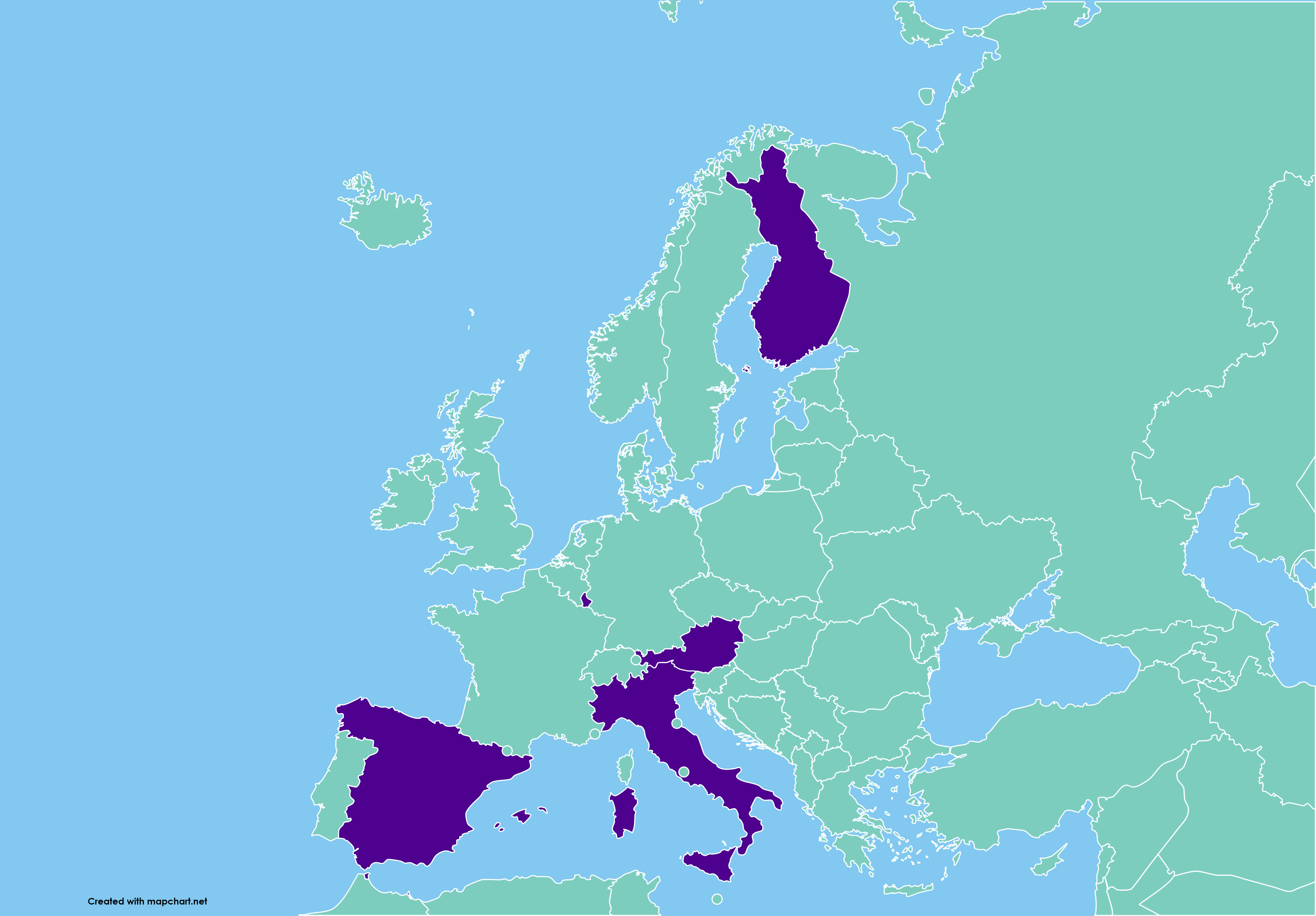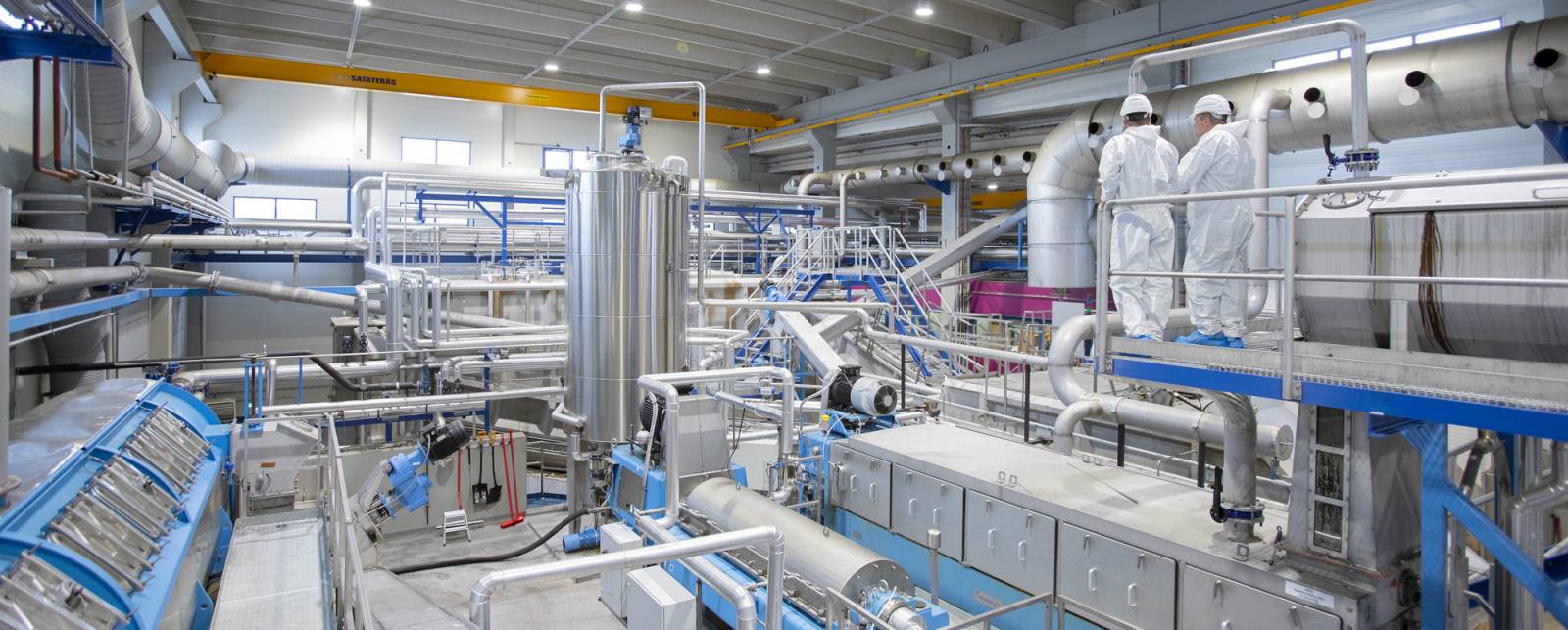Duration: 2022-2025
Programme: HORIZON EUROPE – Digital, Industry and Space
Topic: HORIZON-CL4-2021-DIGITAL-EMERGING-01-09 – AI, Data and Robotics for the Green Deal (AI, Data and Robotics Partnership) (IA)
Link: Click here
With the exponential growth of the global human population and the resulting shortage of resources and harsh environmental conditions, numerous sustainability concerns have been brought upon the industrial sectors. The Food Industry is one of the main contenders affected by the resources shortages, requiring a stable long-term vision to manage sustainability. The need to guide the sector toward a Green Transition is pushed by a strong emphasis on improving the environmental and social sustainability of its activities, products, and processes, leveraging also on Digital Transition.
Objectives
-
- The CLARUS project aims to connect the Sustainable Paradigm in the food industry and AI-based applications, with the goal of developing a platform with high communications and processing capabilities, as well as the use of standardized open protocols and data models that will allow resource consumption assessment and traceability for food industry processes.
- Two pilots are selected for validating the CLARUS solution. The first pilot focuses on the production of frozen food, where energy and water consumption can be reduced using AI and data technologies. The other pilot focuses on meat by-product production where the aim is to reduce the energy and maintain the quality of the products by optimizing the logistics of the by-product’s arrival.
- By validating the solutions, CLARUS also aims to make a more general contribution through the creation of a Green Deal Index (GDI).
- The CLARUS project aims to connect the Sustainable Paradigm in the food industry and AI-based applications, with the goal of developing a platform with high communications and processing capabilities, as well as the use of standardized open protocols and data models that will allow resource consumption assessment and traceability for food industry processes.
The focal point of CLARUS is the “Sustainability Data” of food production and consumption, stemming from the resources, processes, and their sustainability (e.g., materials and energies consumed, waste produced, emission and pollution, water consumption, logistics optimization, etc.)
Impact
-
- CLARUS will demonstrate that the correct collection, analysis, and tracing can lead to enormous benefits for natural resources management within food manufacturing systems and food supply chains.
- CLARUS will also demonstrate that the digital Transformation of food companies represents an enabler of Sustainability Transformation thanks to the benefits smart technologies can offer in terms of data management and elaboration.
- CLARUS’s ambition is to contribute to resource and logistic optimization methods with the two pilots’ solutions as well as aiming to generate a more general contribution with the creation of a Green Deal Index (GDI).
FAST-Lab. participation is distributed along different WPs of the project.
Role of FAST-Lab.
-
- FAST-Lab. contributes to the use case and problem analysis, which are directly linked to the technical developments of the proposed CLARUS solutions. TAU also contributes to the data transformation and harmonization mechanisms needed for all the different data sources from pilot use cases.
- FAST-Lab. contributes to the design of the Machine Learning algorithms for the By-products use case that will be customized and integrated into the MLOps framework.
- FAST-Lab. leads WP5 (Clarus pilot validation), which deals with the technical and organizational management of deploying the CLARUS solutions in the pilot use case and the validation of the proposed solutions. As part of these activities.
- FAST-Lab. also leads two sub-tasks. The first is the pilot staging activities, which detail the efforts for preparing pilots for hosting CLARUS solutions). The second focuses on monitoring and feedback of both pilots in order to report the continuous progress to the technical work packages (WP3 and WP4) and environmental sustainability work package (WP1) to help in keeping the progress in the pilots from deviating from the plans to maximize the improvements in the environmental impact.
- FAST-Lab. also contributes to other project dissemination and exploitation plans of the project amongst other contributions.

Coordinator: POLITECNICO DI MILANO: ITALY
Participant Organizations:
-
-
- TAMPEREEN KORKEAKOULUSAATIO SR: FAST-Lab.
- UNIVERSITAT POLITECNICA DE VALENCIA: SPAIN
- IKERLAN S. COOP: SPAIN
- ARDO BENIMODO SL: SPAIN
- ENGINEERING – INGEGNERIA INFORMATICA SPA: ITALY
- KNOW-CENTER GMBH RESEARCH CENTER FOR DATA-DRIVEN BUSINESS & BIG DATA ANALYTICS: AUSTRIA
- EXPERTAI LUX S.A.R.L: LUXEMBOURG
- HONKAJOKI OY: FINLAND
- GMM FINLAND OY: FINLAND (3RD PARTY)
-

This project has received funding from the European Union’s Horizon 2020 research and innovation programme under grant agreement No 873087. Neither the European Commission(EC) nor any person acting on behalf of the commission is responsible for how the following information is used. The views expressed in this publication are the sole responsibility of the authors and do not necessarily reflect the views of the EC.

